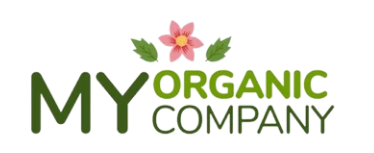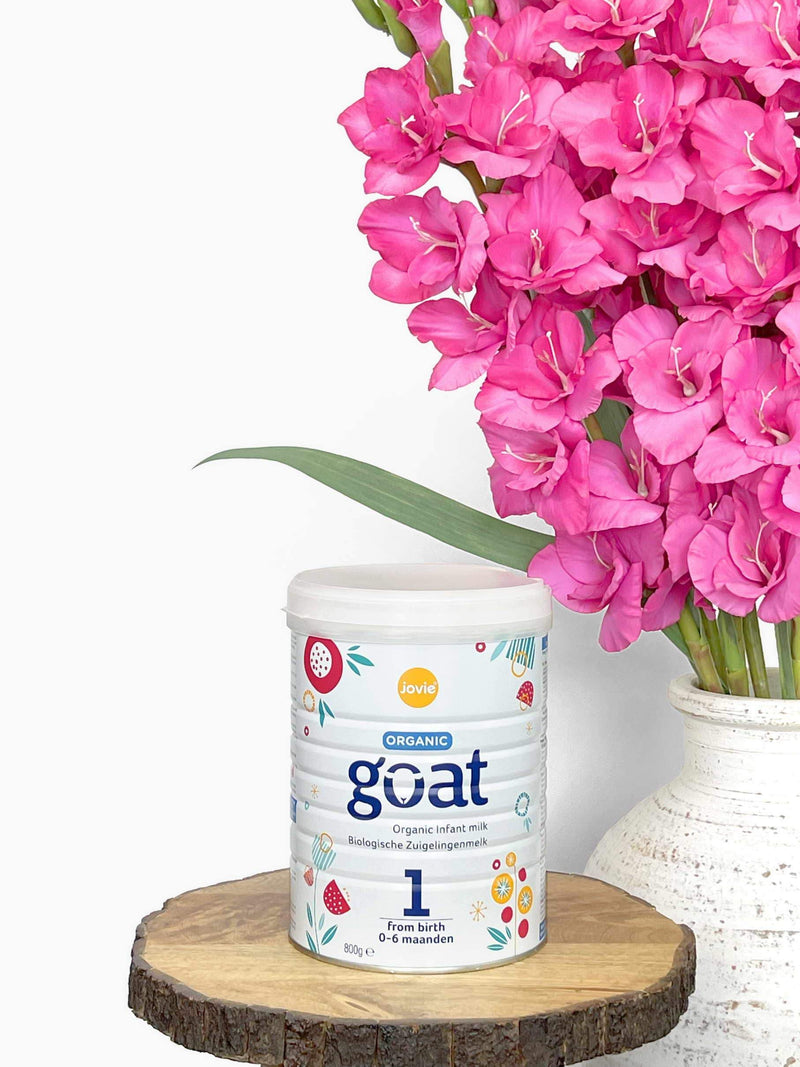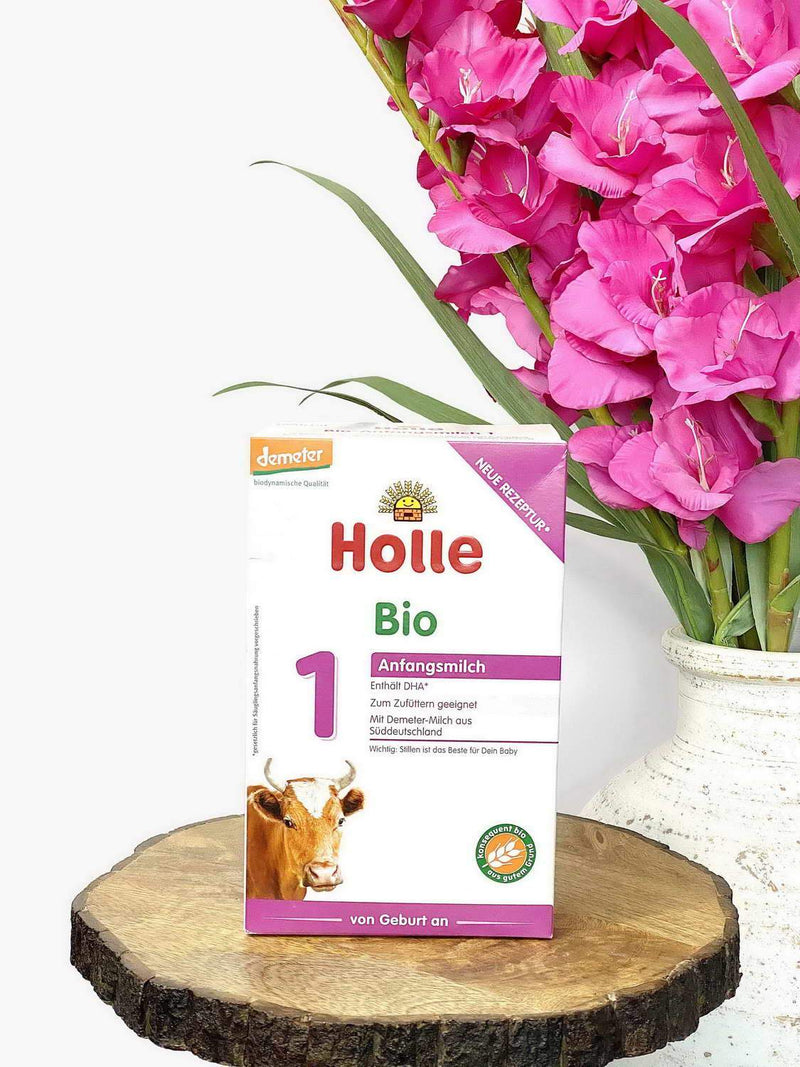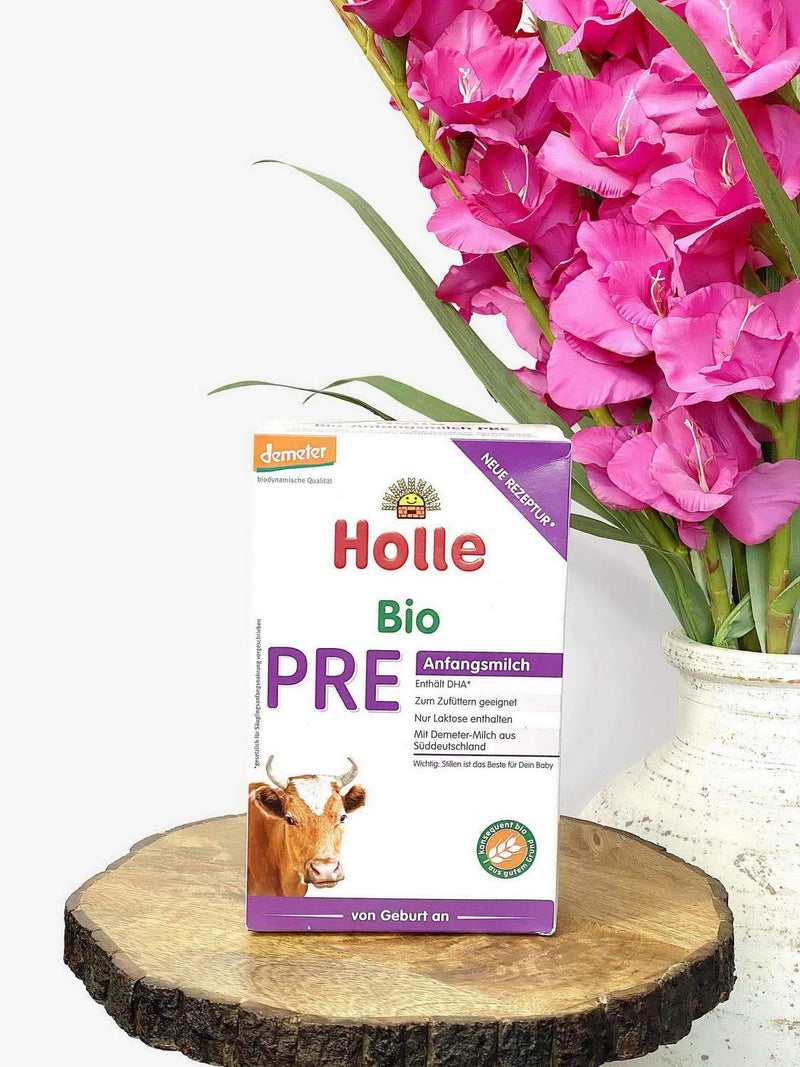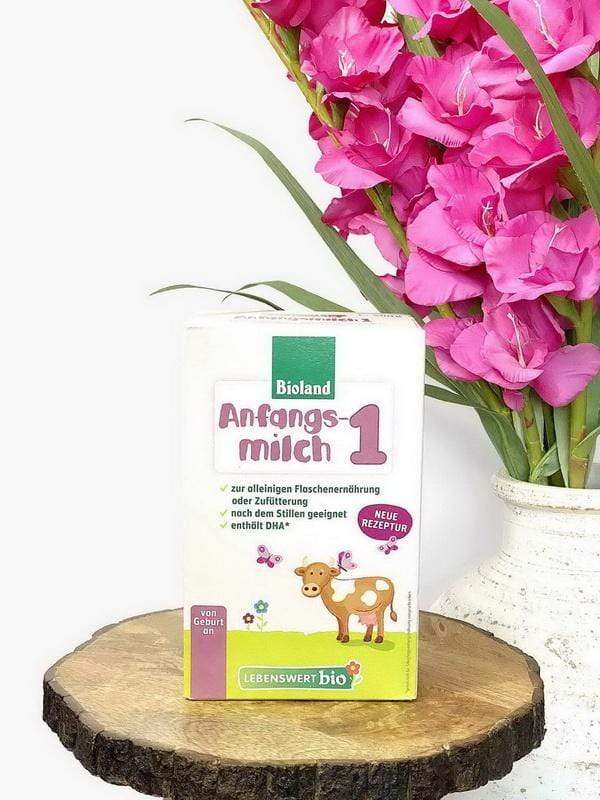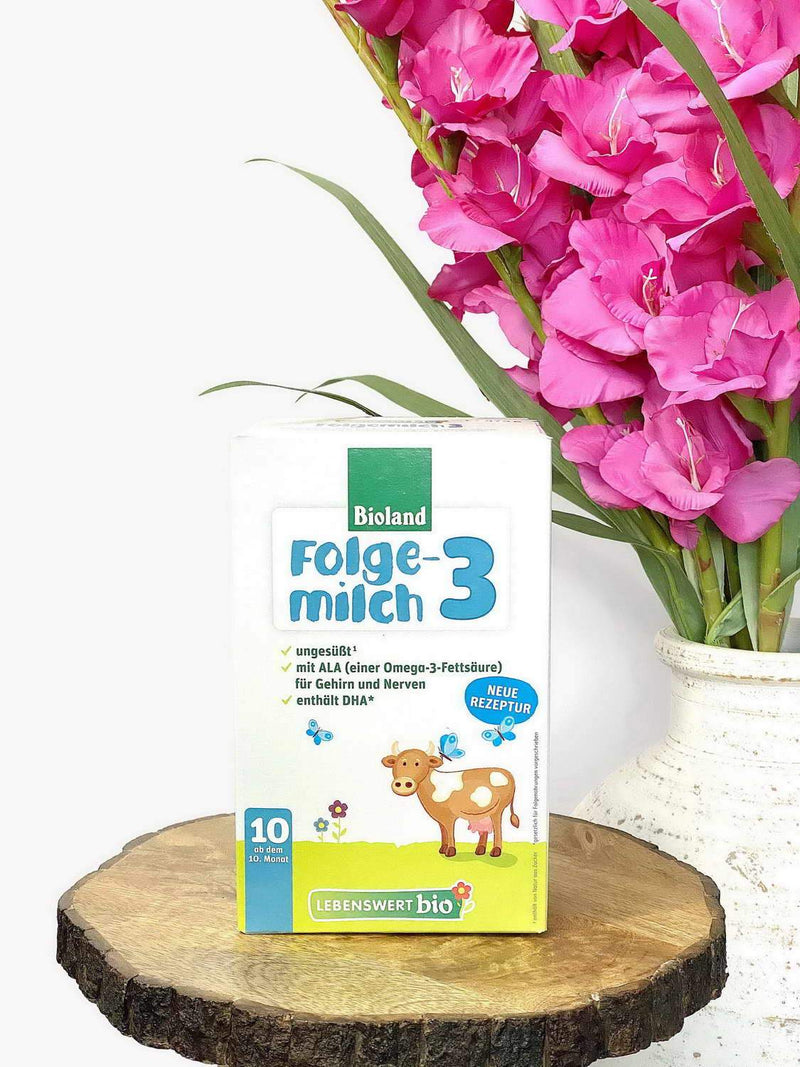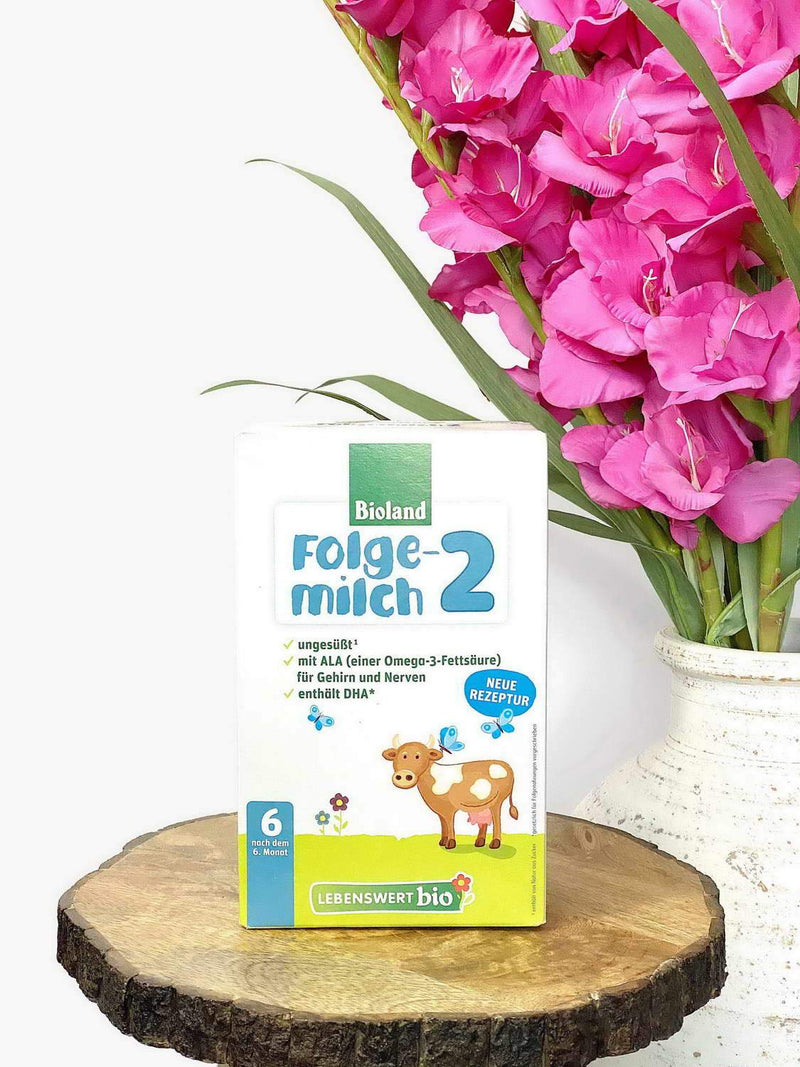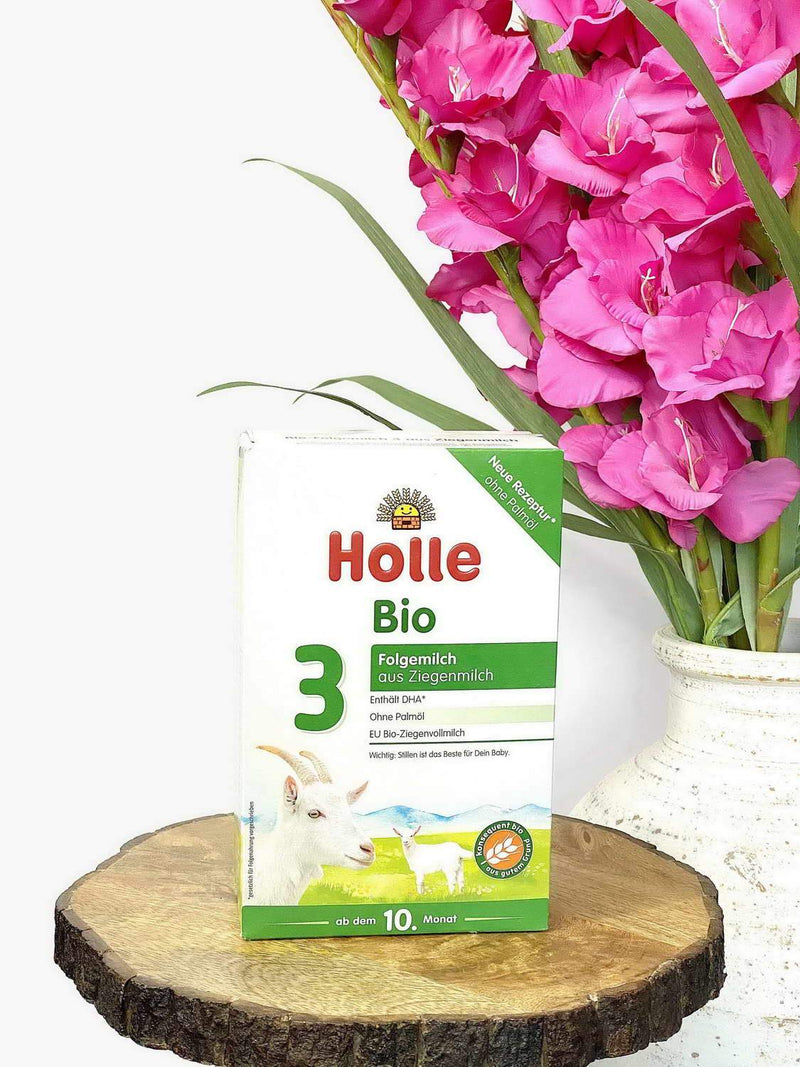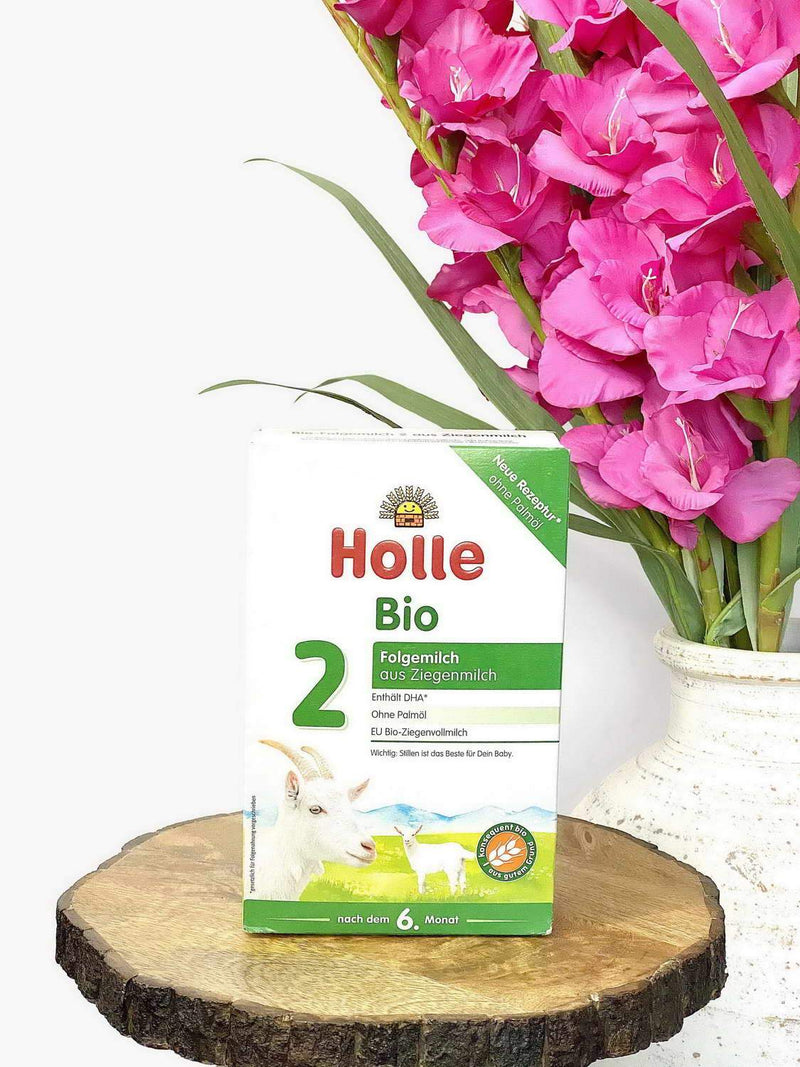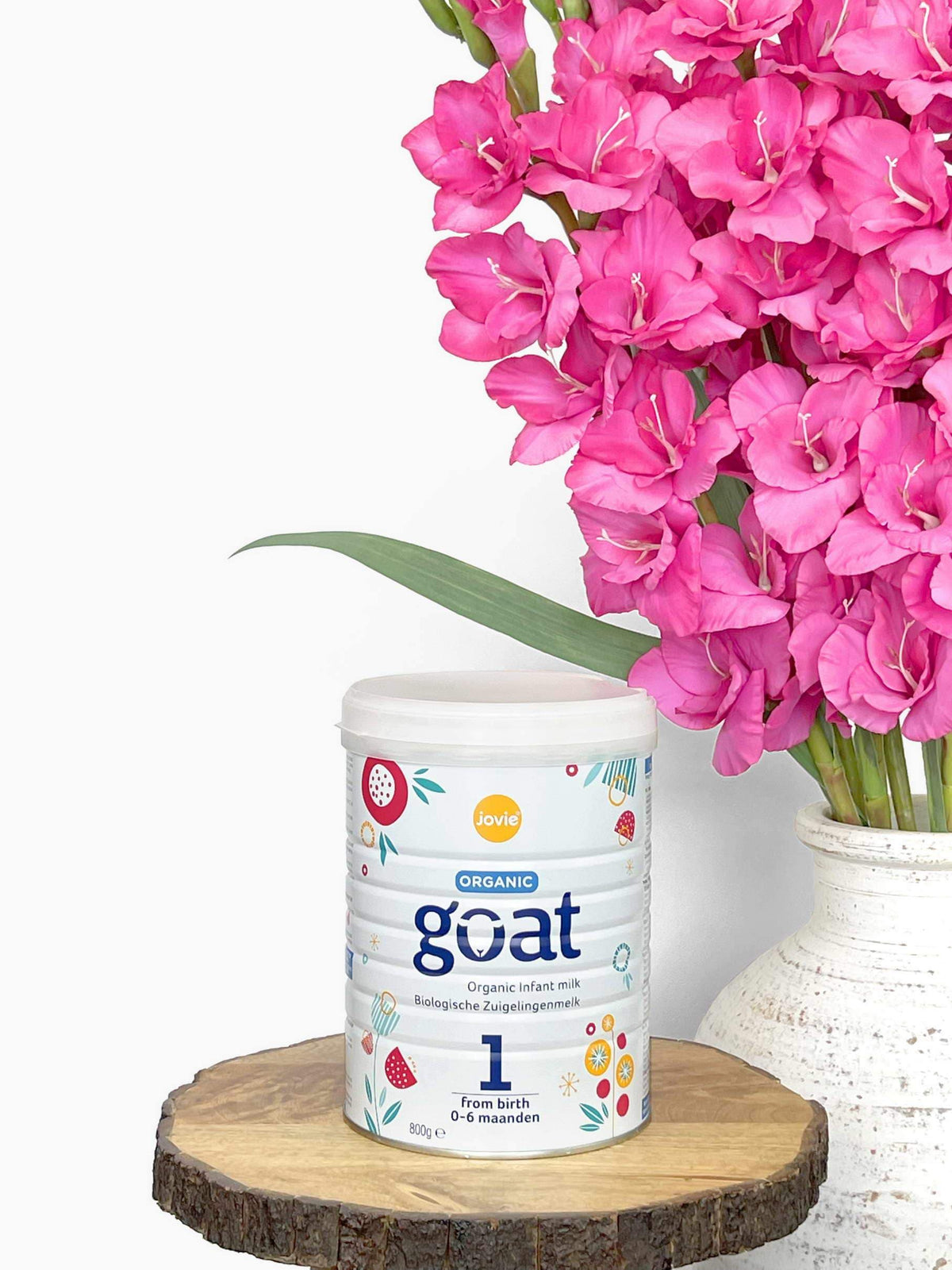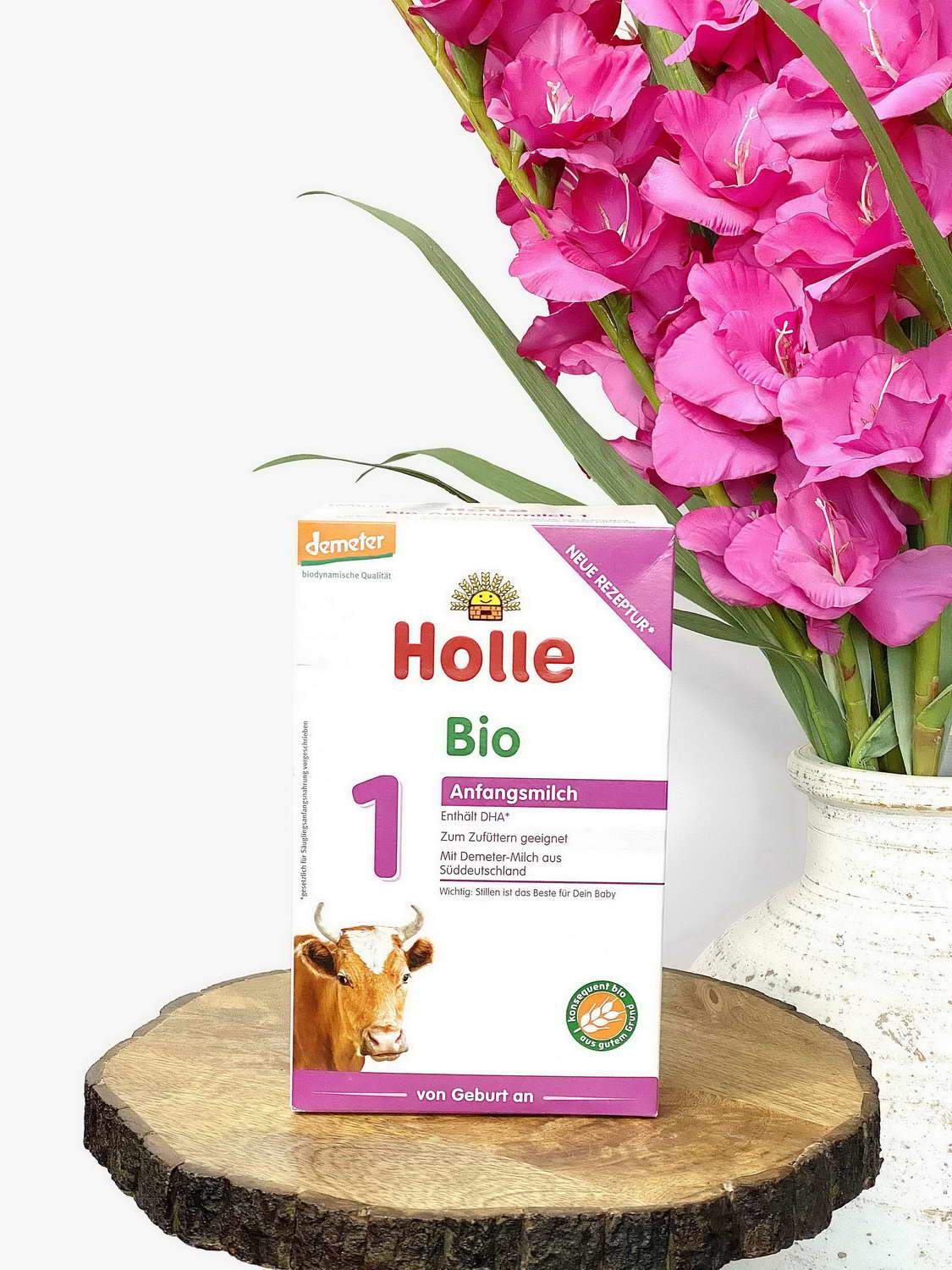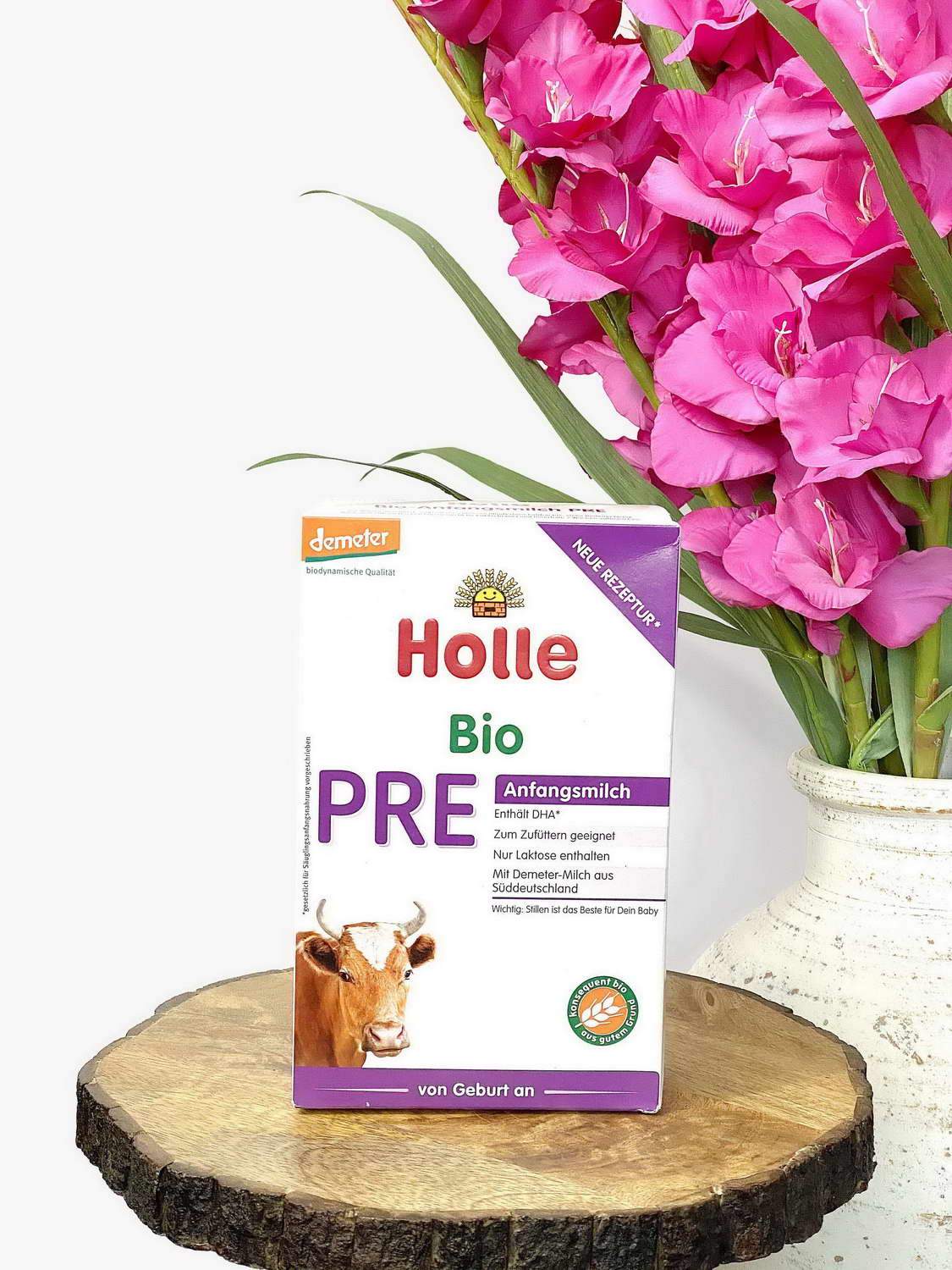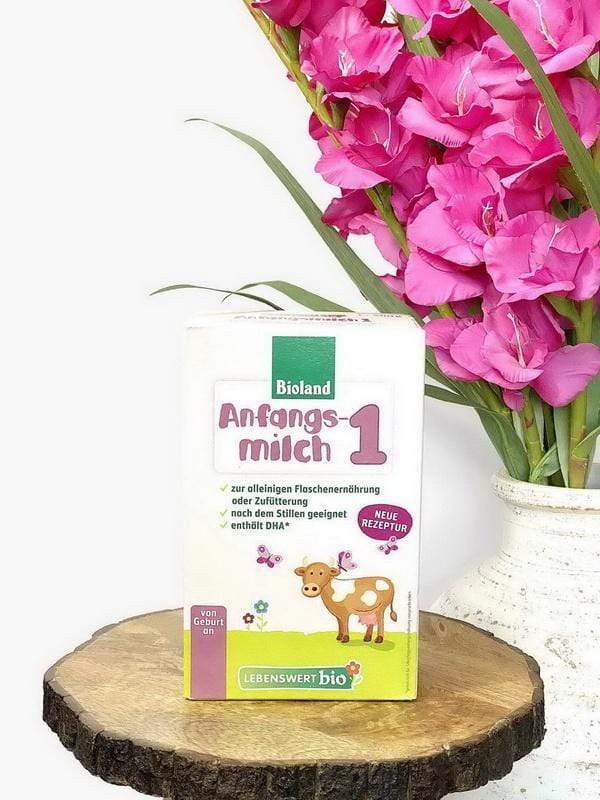Acid reflux in infants is a condition in which digesting contents and stomach acid flow back into the throat and esophagus. The esophagus is the tube that connects the throat and stomach.
It’s a common problem in babies, especially those three months old or younger, and manifests in breastfed and formula-fed babies.
If your little one is bottled-fed, finding a suitable baby formula that will alleviate all worries and is nutritionally balanced can be challenging, to say the least.
Table of Contents
1. What is Acid Reflux in Babies?
2. How Common is Reflux in Infants?
3. What are the Symptoms of Acid Reflux in Infants?
4. What Is Silent Reflux in Babies?
5. Infant Reflux- Diagnosis and Treatment
6. Best Baby Formulas for Acid Reflux
7. Baby Reflux: Support and Relief
8. Frequently Asked Questions
What Is Acid Reflux In Babies?
Everyone has a muscle (the lower esophageal sphincter) that acts as a valve between the esophagus and stomach. When you swallow, this muscle relaxes to let food pass from the esophagus to the stomach. This muscle typically stays closed, so the stomach contents don't flow back into the esophagus.
When the lower esophageal sphincter muscle is not fully developed, this valve allows stomach contents back up the esophagus. This causes regurgitation or spitting-up.
It is not unusual for an infant with acid reflux to spit up several times after feeding. Depending on the severity, it may start to affect your child’s development and growth.
How Common is Reflux in Infants?
Reflux is prevalent in infants during the first few months of life. About half of all babies spit up many times a day in the first three months of their lives. Reflux rarely lingers past 18 months.
What are the Symptoms of Acid Reflux in Infants?
The main symptom of reflux is spitting up. Generally, acid reflux is not a cause for concern and only causes minor irritation of the throat or esophagus and causes symptoms.
What Is Silent Reflux in Babies?
Babies with silent reflux may not spit up after feedings, making it more challenging to discern. Infants with silent reflux also often present with feeding difficulties, which can slow weight gain and even cause weight loss. In extreme cases, this can result in undernutrition.
Symptoms of Silent Reflux
The symptoms of silent reflux may be exhibited very similar to traditional reflux diseases, such as fussiness or poor feeding habits. One notable difference is that babies do not spit up; because of this, silent reflux symptoms are often mistaken for colic.
Infant Reflux- Diagnosis and Treatment
The options for treating acid reflux in your baby depends on their age and the severity. As with any feeding trouble, we recommend talking with your pediatrician to ensure that there are no other concerns.
Your child's healthcare provider will be able to determine whether your baby's symptoms are manageable with changes at home or if medical intervention is needed.
Small changes at home are usually the best to alleviate symptoms in babies with reflux.
Smaller, Frequent Feedings
Formula-fed infants can go longer stretches between feedings. However, this is also not ideal for babies with reflux. Reducing the number of ounces and increasing feeding time to every two to three hours while your little one is awake can help to reduce abdominal pressure.
Upright Feedings
Holding your baby upright during feedings and for 30 minutes after will help reduce the symptoms of reflux.
Placing your baby down too soon after a feeding increases the likelihood of fussiness and spitting up associated with acid reflux.
Burping
Burping your little one after every ounce or two will minimize gastric pressure and the discomfort it can cause. The best way to burp a baby experiencing reflux is by holding them with their tummy against your chest and burping them over your shoulder. This will allow for the removal of trapped gas and acid from your baby's system before giving them further milk to drink.
Formula Changes
Your doctor may recommend a formula change if your baby needs acid reflux. A baby formula with an easier-to-digest protein or thickened consistency may bring relief to your infant.
Best Baby Formulas for Acid Reflux
It is essential to choose a formula designed to nourish your infant well with the best ingredients. Each component must be designed and sourced in a specific way that will give your baby all the clean energy for cognitive growth and physical development and all soothing digestive worries.
Choose a baby formula that does not contain ingredients that can aggravate little tummies or cause an allergic reaction. Non-lactose sugars, toxic metals, and preservatives top the list of ingredients to be avoided.
Hydrolyzed Protein Formulas
Containing hydrolyzed proteins that have been partially broken down to make them easier for infants to digest, hydrolyzed formulas are recommended by pediatricians when there are milk protein sensitivities.
Hydrolyzed formulas effectively reduce acid reflux because they move quickly through the digestive system and have less chance of spitting up. When choosing a hydrolyzed formula, look for powdered nutrition packed with crucial minerals and antioxidants that infants need to meet growth milestones for immunity, bone strength, and brain development.
HiPP HA Combiotic
HiPP (HA) Hypoallergenic Combiotic baby formula is formulated for infants and toddlers at a higher risk of food allergies, cow’s milk sensitivity or have babies dealing with acid reflux.
HiPP HA is made with probiotics and prebiotics to aid in absorption and support healthy gut flora, as well as extensively hydrolyzed lactose proteins to ease the digestion process. The prebiotics and probiotics add to the hydrolyzed lactose to soothe and settle little tummies, relieving reflux.
Thickened Baby Formula for Reflux
Specialized formulas that are thickened formulas help make stomach contents heavier and harder to regurgitate, which means they're less likely to come back up.
When choosing a thickened formula for your little one, the best relief starts with organic ingredients. This will ensure clean nutrition without further digestive worries.
HiPP's Anti-Reflux (AR) Formula
HiPP’s Anti-Reflux (AR) baby formula uses natural organic ingredients to soothe digestion in your little one. HiPP AR is suitable for the dietary management of reflux and regurgitation from birth.
HiPP Anti-Reflux helps babies experiencing reflux and excessive spit-up by adding natural organic locust bean gum flour, making this formula incredibly creamy and a little heavier.
HiPP Anti-Reflux infant milk formula contains all the essential nutrients needed for optimal cell division, tissue growth, and cognitive development, including folate, prebiotics, and probiotics.
Baby Reflux: Support and Relief
Pure, clean nutrition that stands out for infants who struggle with digestive worries, allergies, or alternatives to lactose-based formulas is our specialty.
My Organic Company carries European baby formulas that meet your growing baby’s physical, cognitive, and gastric needs. We are here for you.
Frequently Asked Questions
What is the Best Baby Bottle for Reflux or Spit Up?
In combination with the best baby formula, choosing a good baby bottle can help with reflux in your infant.
The best anti-reflux can prevent air bubbles from getting into your little one’s stomach and minimize spitting up. Specialty bottles reduce the risk of the baby swallowing air, which can get trapped in their stomach and cause them to feel uncomfortable and full.
What Size of Bottle Nipple is Best for Reflux?
The wide breast-shaped nipple lets your baby latch and feed comfortably. Choosing the slowest flow that will allow your formula to move through can often decrease gas and fussiness.
Faster-flow nipples may be needed for anti-reflux formulas. If a slow-flow nipple is used, the milk can get “stuck” in the nipple, and the baby may have to suck too hard to get the milk.
What is the Difference Between Spitting Up and Vomiting?
Spitting up is the easy flow of a baby's stomach contents through the mouth, possibly with a burp. Vomiting occurs when the flow is forceful — shooting out inches rather than dribbling from the mouth.
Can Spitting Up Affect My Baby's Growth?
Normal spitting up doesn't interfere with a baby's well-being. As long as your baby seems comfortable and is eating well and gaining weight, there's little cause for concern. If your baby is gaining weight, then they aren’t being harmed by the calories lost through spitting up.
Of course, please speak to your family doctor about any questions or concerns.
